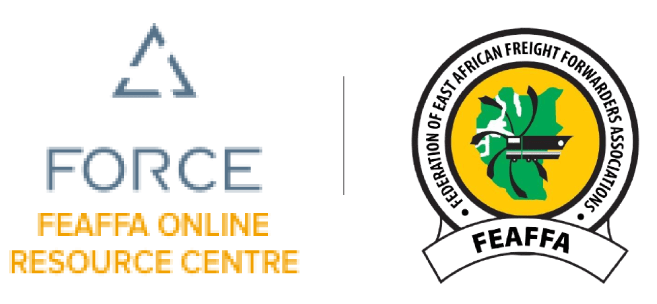Categories of Intervening Parties
- In the freight industry, the forwarder has to deal with many intervening parties involved in port cargo clearance along the supply chain management in order to perform their business and efficiently deliver their services effectively.
- These intervening parties are categorized into two major divisions namely;
- Public (Government) Institutions
- Private Institutions
- Both categories are vital in facilitating international trade and conveyance of goods across the globe within the supply chain. The main principal parties are the consignor and consignee who have direct relationship on the cargo supplied or traded.
- In the freight industry, the forwarder has to deal with many intervening parties involved in port cargo clearance along the supply chain management in order to perform their business and efficiently deliver their services effectively.
- These intervening parties are categorized into two major divisions namely;
- Public (Government) Institutions
- Private Institutions
- Both categories are vital in facilitating international trade and conveyance of goods across the globe within the supply chain. The main principal parties are the consignor and consignee who have direct relationship on the cargo supplied or traded.
- Government and Other Public Institutions
- Revenue Authority (Customs Department).
- Port Authorities.
- Ministry of Finance. (Exemptions Letters).
- Central Bank for Exchange Control permits.
- Ministries of Transport and Communications.
- Chamber of Commerce.
- Bureaus of Standards
- Plants Inspectorate Institutions
- Environment Management Authorities.
- Radiations Inspectorate Regulatory Board.
- Ministry of Agriculture.
- Livestock and Fisheries.
- Ministries of Defense and Internal Security.
- Ministries of Foreign Affairs and Immigrations.
- Maritime Authorities
- Police Service etc. Department of Police
- Private Parties
- Freight forwarding Companies.
- Railway operators.
- Shipping lines/ Airlines/Truckers.
- Commercial Banks.
- Insurance Companies
- Packaging companies.
- Marine surveyors.
- Courier Service providers
- Stevedoring companies etc.
Port authorities
- Port Authorities are entities mandated to operate and manage the ports.
- They are usually government departments or agencies e.g. Kenya Ports Authority (KPA), Exploitation du Port de Bujumbura (EPB) and Tanzania Port Authorities (TPA).
- Physical inspection of goods is done within the ports by customs or other authorities involved in controlling international cargo flow.
- Port Authorities act as custodians of goods before clearance to export or import.
Customs
- Customs department is one of departments under Revenue authority charged with control of movement of goods, coming in and going out of the country.
- An efficient and effective Customs administration is key for facilitating trade and investment and, hence, growth.
Carriers/shipping lines
- Carriers/shipping lines own the different modes of transport e.g. vessels, aircrafts, trucks etc. While freight forwarders are considered as architects of transport, they obtain this service of moving the cargo from one place to another from the carriers.
Bureau of standards
- Bureau of Standards (BS) provides ISO certification through various laboratories and provides quality assurance and compliance certification of international standards.
- Bureau of Standards staffs move across various clearance points to check compliance of the imported and exported goods to the pre described international acceptable standards to the particular country or region.
- The performance of BS to some extent hinder fast clearance of goods as to some extent is not well coordinated with other players in clearance process.
Shipping agents
- Shipping Agents are shipping line representatives who ensure that the interest of shipping lines is met.
- They are intermediaries when freight forwarders’ need to book space on the carriers or any other related activity to movement of cargo. Clearing Agents receive order to collect their goods from ports through shipping agents.
- When Clearing agents process exports they have to book the ship space through these shipping agents.
Truckers
- Truckers provide transport services to send the cargo to and from ports to the owner of the goods through truckers.
- Clearing Agents when contracting with these third parties on behalf of the owner of the goods, they must make sure that standard trading conditions are compiled to that particular place.
Learning Activities
Identify parties that are responsible security and safety of cargo at the ports.
Required:
- Discuss how each ensures safety and security of cargo at the ports
- Explain the strategies that each can use to ensure safety and security of cargo.
Assignment
- Explain the term intervening parties in relation to port operations
- Identify and explain the roles of any three parties at the airport
- Explain the difference between the carrier and the shipping agent
